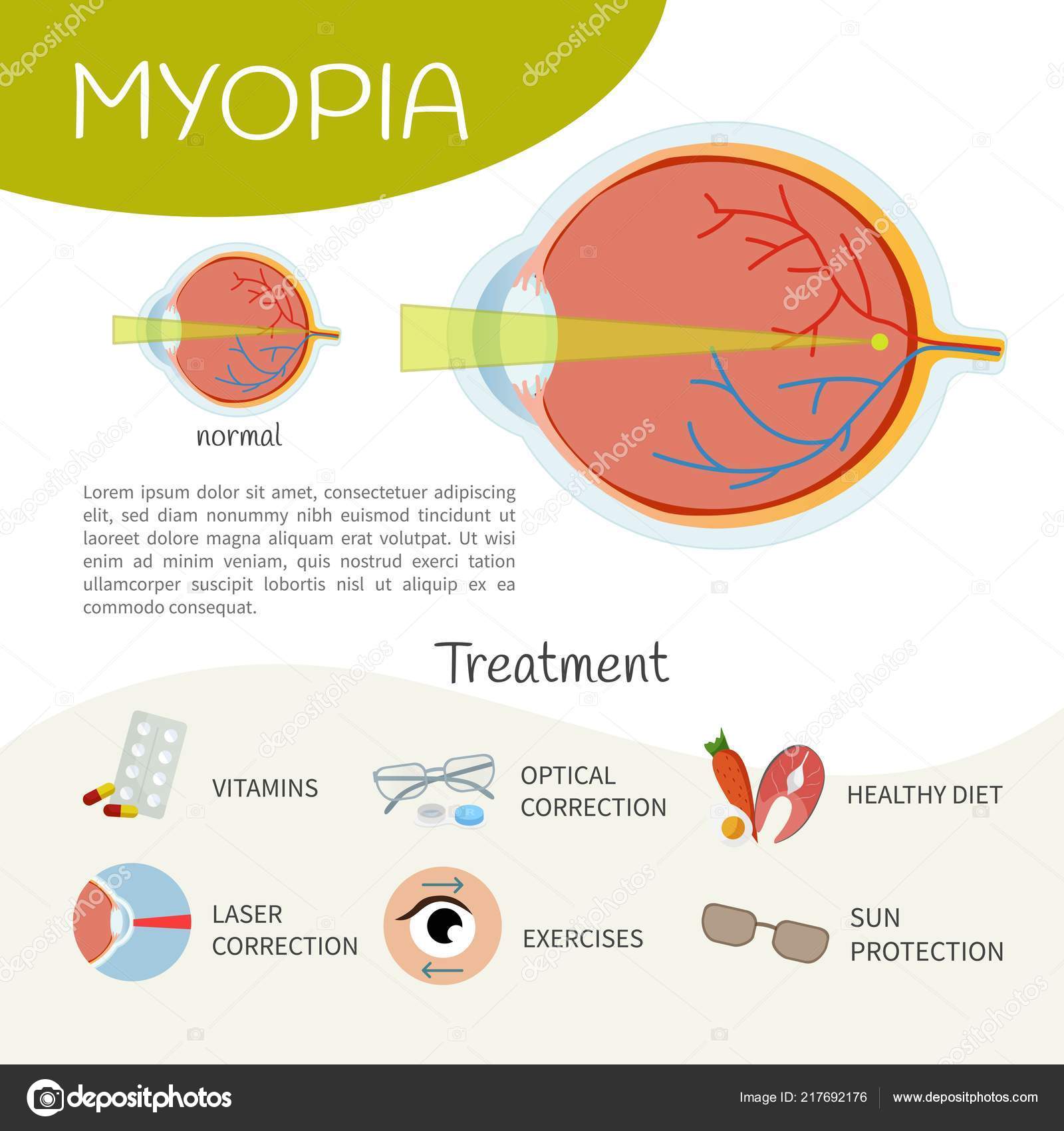Is SMILE Eye Surgical Procedure The Right Option For You? Necessary Considerations And Insights
Writer-Lundgreen Reece If you're considering SMILE eye surgery, contemplate this: are you prepared to welcome potential visual liberty, or does the idea of any type of dangers make you think twice? Your choice will rest on a careful balance of considering the benefits versus the uncertainties. It's crucial to dig deeper into the nuances of SMILE surgical procedure to make an informed option that lines up with your visual objectives.
Recognizing SMILE Eye Surgery
When taking into consideration SMILE Eye Surgery, it is very important to recognize the treatment and its advantages. SMILE, which stands for Small Laceration Lenticule Extraction, is a minimally intrusive laser eye surgical procedure that deals with common vision problems like myopia (nearsightedness). Throughout the treatment, your eye surgeon will use a femtosecond laser to develop a tiny cut in your cornea. Via this cut, a little disc of tissue called a lenticule is gotten rid of, reshaping the cornea and correcting your vision. Among the vital benefits of SMILE Eye Surgical procedure is its fast recuperation time. Several patients experience enhanced vision within a day or 2 after the procedure, with minimal pain. Additionally, Read This method is recognized for its high success rate in supplying lasting vision modification. Unlike LASIK, SMILE does not need the creation of a flap in the cornea, decreasing the danger of difficulties and allowing for a much more steady corneal structure post-surgery. Recognizing the treatment and its benefits is critical when taking into consideration SMILE Eye Surgical procedure for vision correction.
Pros and Cons of SMILE
Considering SMILE Eye Surgical procedure for vision improvement includes various advantages and prospective disadvantages. One of the main pros of SMILE is its minimally intrusive nature, as it entails a small laceration and normally results in fast recuperation times. The procedure is likewise understood for triggering marginal pain and completely dry eye signs and symptoms post-surgery compared to other vision adjustment approaches. Additionally, SMILE has actually been revealed to provide outstanding aesthetic results, with numerous clients achieving 20/20 vision or much better. On the other hand, a prospective con of SMILE is that it might not appropriate for individuals with extreme refractive mistakes, as the therapy range is rather restricted contrasted to LASIK. An additional factor to consider is that the learning contour for cosmetic surgeons implementing SMILE can impact the accessibility of skilled carriers in particular locations. please click the following website is very important to consider these advantages and disadvantages carefully when deciding if SMILE is the right selection for your vision adjustment needs.
Identifying Eligibility for SMILE
To figure out if you're qualified for SMILE eye surgical treatment, your eye doctor will perform an extensive evaluation of your eye health and wellness and vision demands. During this examination, variables such as the security of your vision prescription, the density of your cornea, and the total wellness of your eyes will certainly be evaluated. Normally, prospects for SMILE more than 22 years old, have a stable vision prescription for a minimum of a year, and have healthy and balanced corneas without problems like keratoconus. Your optometrist will certainly also consider your total eye wellness, any type of existing eye problems, and your way of life needs to determine if SMILE is the best option for you. It's vital to connect any kind of specific aesthetic demands or concerns you may have throughout this evaluation to make sure that the therapy aligns with your expectations. If you aren't qualified for SMILE, your optometrist might suggest alternate vision correction choices that much better fit your specific demands and eye health and wellness standing. Verdict Eventually, deciding whether SMILE eye surgical procedure is right for you requires mindful consideration of your individual eye health and visual requirements. Seek advice from your eye doctor to determine your eligibility for the treatment and weigh the potential benefits and disadvantages. Remember to interact any issues or questions you may have throughout the assessment procedure to make an informed choice about your vision improvement options. 